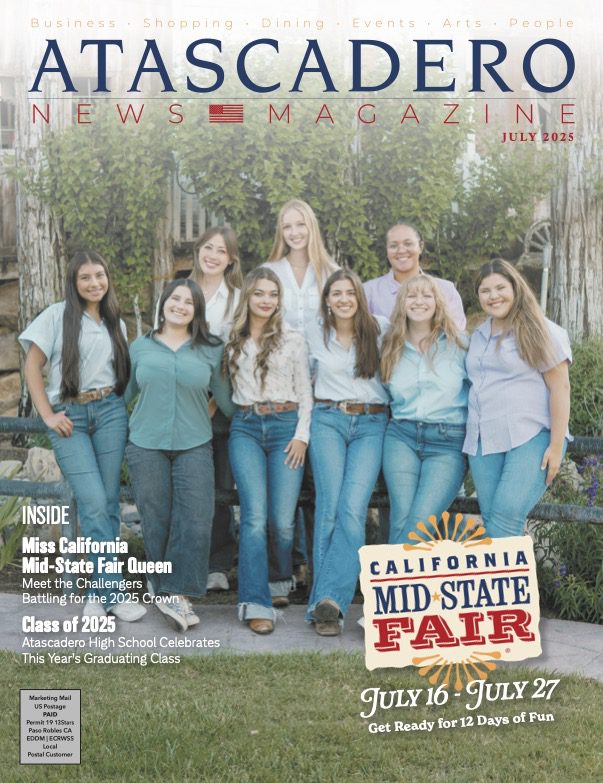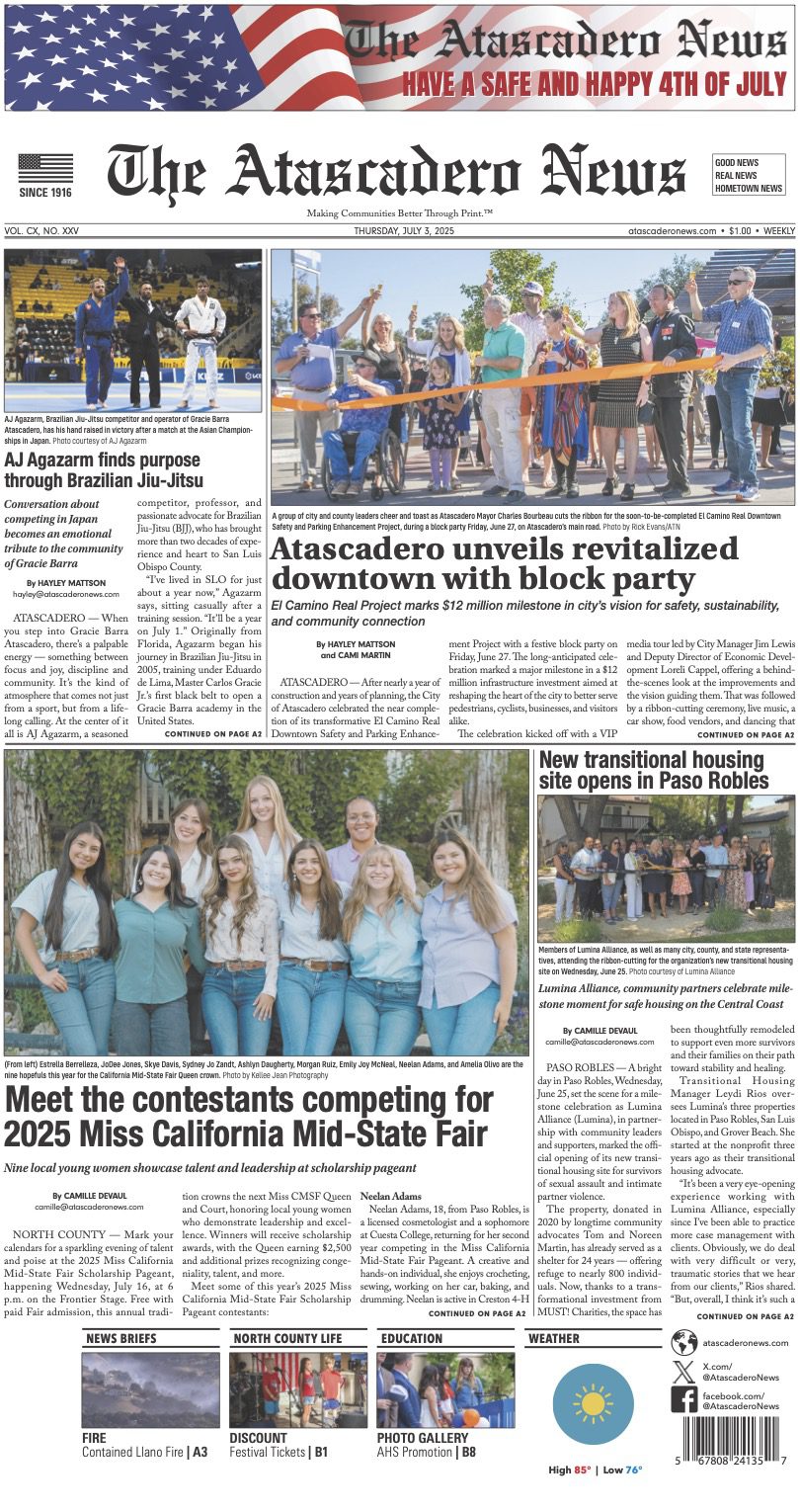As the realities of California’s AB 5 set in, thousands of former workers across the state are feeling the impact of the law concerning the “gig economy.” AB 5 codified the “ABC” test for independent contractors, including freelance journalists that provide some of the content our readers enjoy weekly.
Under the new law, freelance writers like Barbie Butz and Lee Pitts are restricted to 35 submissions per year or convert to employees for the publications they contribute to weekly. Unfortunately, the law meant to protect workers has created limitations for many instead. Reducing Mrs. Butz to 35 annual submissions is essentially cutting her regular contributions, and subsequent income, in half.
“For someone like me, I have grown to depend on the little bit of income in addition to what we have coming in,” Barbie Butz said. “It happens. You begin to rely on [income] that started as a little hobby. It becomes very important.”
For a retired teacher on a fixed income, her limited opportunities to make additional income are gouged even further by AB 5.
“I can understand not taking us on as employees, because we are only doing one article per week. It really seems unfair,” Butz said.
California Assemblywoman Lorena Gonzalez purports to be “standing up for working Californians” while disregarding the opportunity that regular weekly work provides for many journalists in California as she defends AB 5.
“These were never good jobs,” Gonzalez tweeted on Dec. 12, inciting a flood of criticism from hundreds of freelance journalism professionals.
“… Lorena, on a human level, some of us have benefited from freelancing in HUGE ways. While my father was dying from cancer, I was able to be with him every day, whenever I could AND still make a living. This was because I was a freelancer,” went one Twitter response. Others mentioned the lack of income experienced during the holiday season as a result of the impending law change and multiple mentions of her being “callous” in her responses.
Paso Robles Press reached out to Assemblyman Jordan Cunningham for a comment, to which he responded “I don’t like it, which is why I didn’t vote for it.”
The bill is in jeopardy through 2020 as its application begins to produce results, and lawsuits representing the interests of truck drivers and journlists have been filed with the state.
Federal judge Roger Benitez issued a temporary restraining order on December 31 to halt the enforcement of AB 5 as it applies to truck drivers, and said “they were likely to succeed on the merits” of the suit. A lawsuit filed by the American Society of Journalists and Authors, and the National Press Photographers Association representing the interests of journalists is scheduled for a hearing in March.
“Only two of our writers would qualify as employees under AB5,” publisher Nicholas Mattson said, “but their livelihoods are now at stake while they navigate compliance. It seems a poorly executed law has found itself at odds with the First Amendment, and fear of liability or lawsuits have caused many to suffer without opportunity. I believe we will see short work of any impediments concerning journalists when a federal court determines the fate of AB 5 relative to journalists in March. The Fourth Estate and the Constitution of the United States are foundational to our democracy and lives in the local newspaper. I hope this example serves as a lesson to those who would suffer to impede the freedom of the press.”













